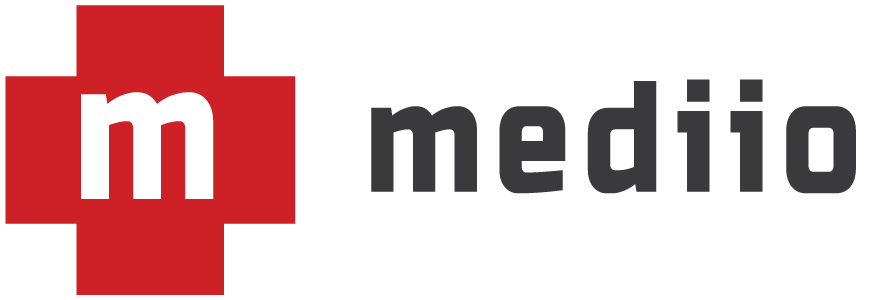Nothing in this article led me to believe Google Glass will save my life one day [1]. Iltifat Husain MD gives a brief run-down of his experience with Google Glass over the past few weeks, but fails to provide any concrete examples of where it made a difference in his practice of medicine.
His major point is that ‘hands-free is a big deal’:
In medicine, we use our hands all the time, whether we are examining a patient, administering medications, or doing a procedure. Glass enables you to do all three of these things while keeping your hands free.
And then on the next page, he also writes:
It’s crucial to know how distracted you look when using Glass. When you’re using the audio and touch prompts, it gives a look of you being in your own world…I would argue the best patient edict is to hang Glass around your neck when talking to a patient.
Being able to do something hands-free doesn’t mean you’re then able to do multiple things at once. Practicing medicine requires attention, both when talking to patients and doing procedures. I don’t think it is prudent to divide one’s attention between placing a central line and a screen in the corner of your field of vision. I think most patients would prefer the doctor to be focused on one task when they’re shoving a giant needle into their neck. And if you’re constantly hanging Glass around your neck to avoid Google Glass attribution error, doesn’t that hinder the immediacy of information, one of the key features?
Additionally, the hands-free feature of Google Glass seems to be quite poor. A cardiothoracic surgeon at UCSF who trialed Google Glass for three months found voice commands with Glass to be so problematic that he eventually put a separate technician in the operating room to ‘keep things running smoothly.’ Though this will undoubtedly improve with time, voice commands will also have to deal with medical jargon and may prove too unintuitive for much beyond basic navigation.
Google Glass likely will find a place in many physicians’ practices, but I think those will be specific use cases. I also think it is going to be several years before anyone develops anything of particular use to warrant widespread adoption among physicians.
